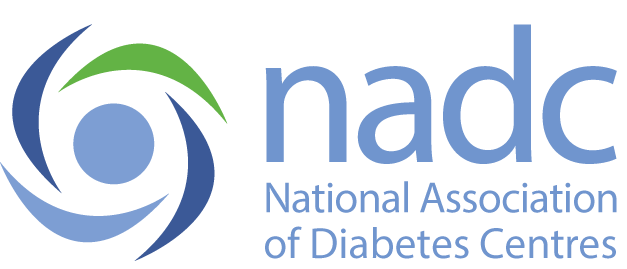Ramadan will begin on Friday 26th May. To assist health professionals, religious leaders and people with diabetes who fast during Ramadan, the Australian Diabetes Society, in conjunction with the International Diabetes Federation and Diabetes and Ramadan International Alliance, has endorsed the following brochures:
Diabetes during Ramadan: Patient Guide
Ramadan and Diabetes: Guidance Sheet for Imam
Management of Diabetes During Ramadan: Quick Reference Guide for Health Professionals
Also, in February 2017 the NADC joined representatives from the ADS and the Diabetes and Ramadan (DaR) International Alliance at the first-ever Diabetes and Ramadan Symposium at Concord Repatriation General Hospital. The event promoted the new IDF-DaR Diabetes and Ramadan Practical Guidelines, which aim to support healthcare professionals to better support patients during this important religious period.
A copy of the guidelines can be downloaded from the IDF website at http://www.idf.org/guidelines/diabetes-in-ramadan.

